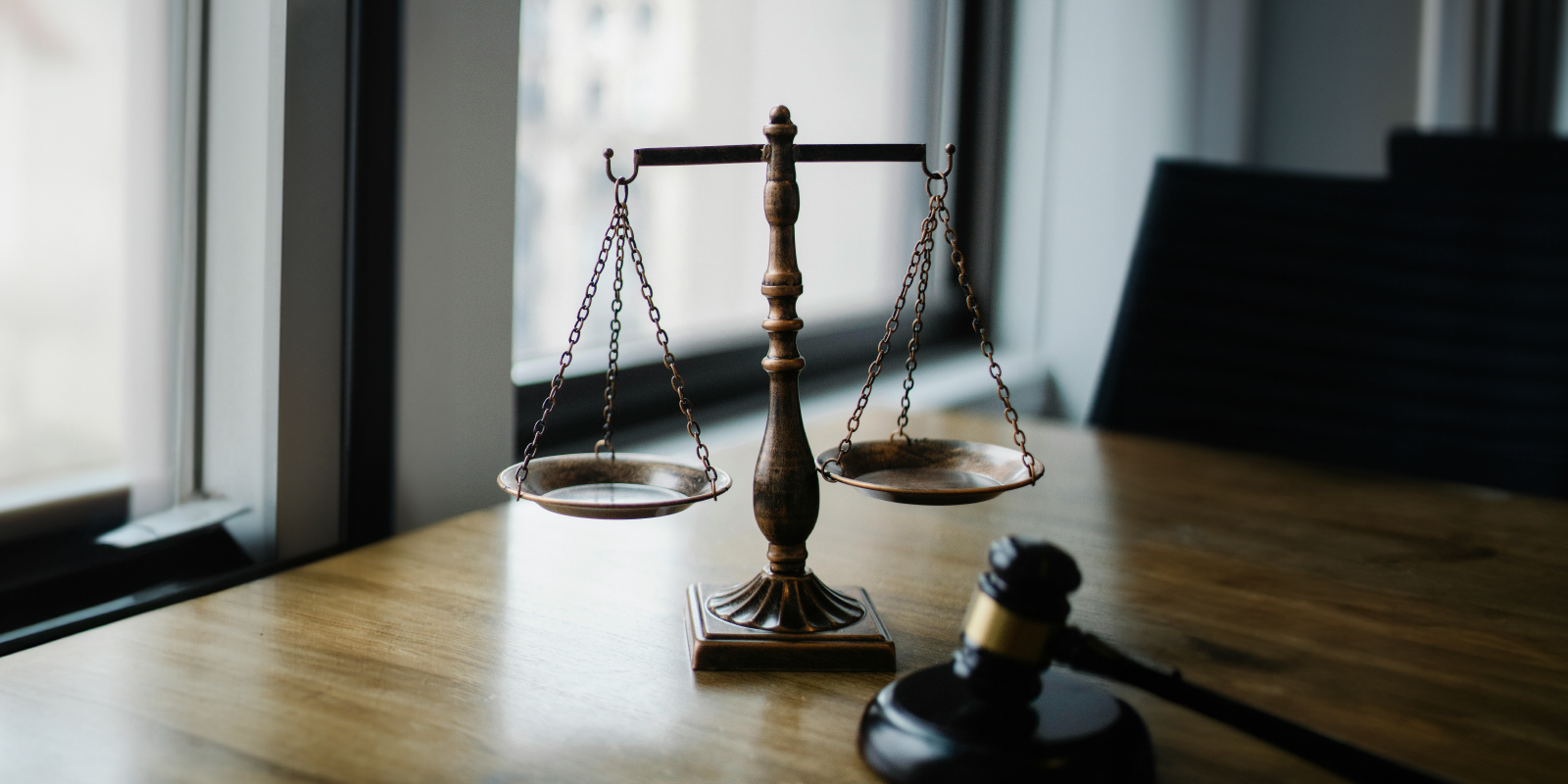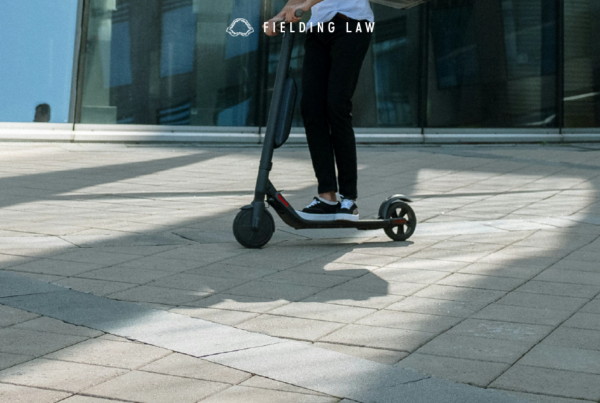Accidents often involve multiple parties, and determining who is responsible can be complex. California follows the legal principle of comparative liability, also known as comparative negligence, to allocate fault among all parties involved. Understanding how this system works is crucial if you are involved in a personal injury case. It could significantly affect the amount of compensation you are entitled to receive.
What Is Comparative Liability?
Comparative liability is the legal concept that divides responsibility for an accident based on each party’s degree of fault. Instead of assigning full blame to one person, fault is shared based on how much each party contributed to the accident. This system is especially important in cases involving car accidents, slip-and-falls, or any other incident where more than one party may have played a role.
How Comparative Liability Works in California
California follows a system of pure comparative negligence, which means that even if you are partially at fault for an accident, you can still recover damages. However, your compensation will be reduced by your percentage of responsibility. For example:
- If you are 30% at fault for a car accident and your damages amount to $100,000, you would still be eligible to receive $70,000.
This system allows injured parties to seek compensation even if they share some blame, which makes it more flexible than other states that have stricter thresholds for fault.
Why Is Comparative Liability Important in Your Case?
Comparative liability can have a significant impact on the outcome of your personal injury claim. Here is why it matters:
- Reduced Compensation: The more responsibility you bear, the less compensation you can recover. For example, if you are found to be 50% at fault, your damages will be cut in half.
- Disputed Fault: The other party’s insurance company may try to assign more blame to you to reduce the amount they have to pay. Having an attorney can help ensure that the division of fault is fair.
- Complex Legal Issues: Determining liability often involves thorough investigations and legal arguments. It is essential to have a skilled attorney who understands California’s laws and how to navigate these complexities.
What Should You Do If Comparative Liability Affects Your Case?
If comparative liability becomes a factor in your case, it is important to take these steps:
- Gather Evidence: Collect all evidence related to the accident, including photos, police reports, witness statements, and medical records. This will help establish the facts and your degree of fault.
- Do Not Accept Fault Prematurely: Insurance companies may pressure you to accept more responsibility than is fair. Speak with an attorney before making any statements.
- Seek Legal Representation: An experienced attorney at Fielding Law can evaluate your case, negotiate with insurance companies, and ensure that fault is assigned accurately and fairly.
Why Trust Fielding Law?
At Fielding Law, we have extensive experience in handling personal injury cases involving comparative liability in California. We understand how insurance companies operate and are skilled in protecting your rights when multiple parties are at fault. Our team will work with you every step of the way to ensure that you receive the compensation you deserve, even if you share some responsibility for the accident.
Do not let an unfair distribution of fault reduce your financial recovery. Fielding Law is here to fight for you and help you through the legal process with compassion and capability. Contact us today at 833.88.SHARK to discuss your case with our dedicated team.
Note: Information provided is for educational purposes and does not constitute legal advice. Always consult with a qualified attorney for legal concerns.





